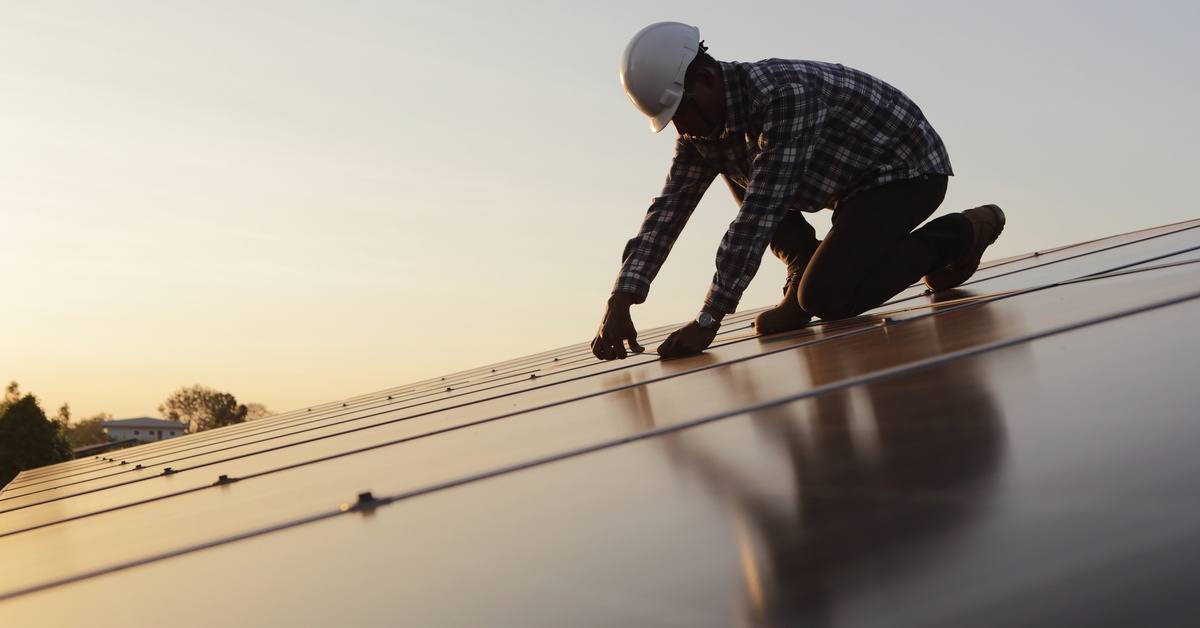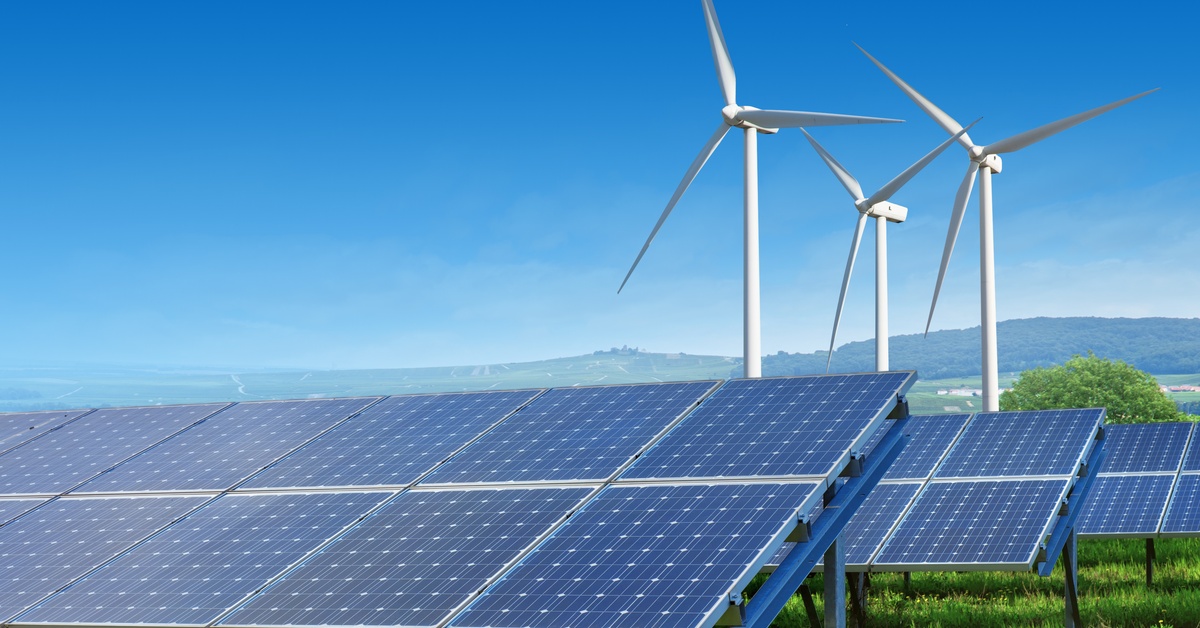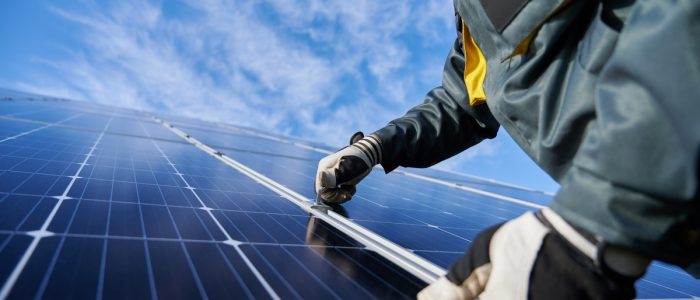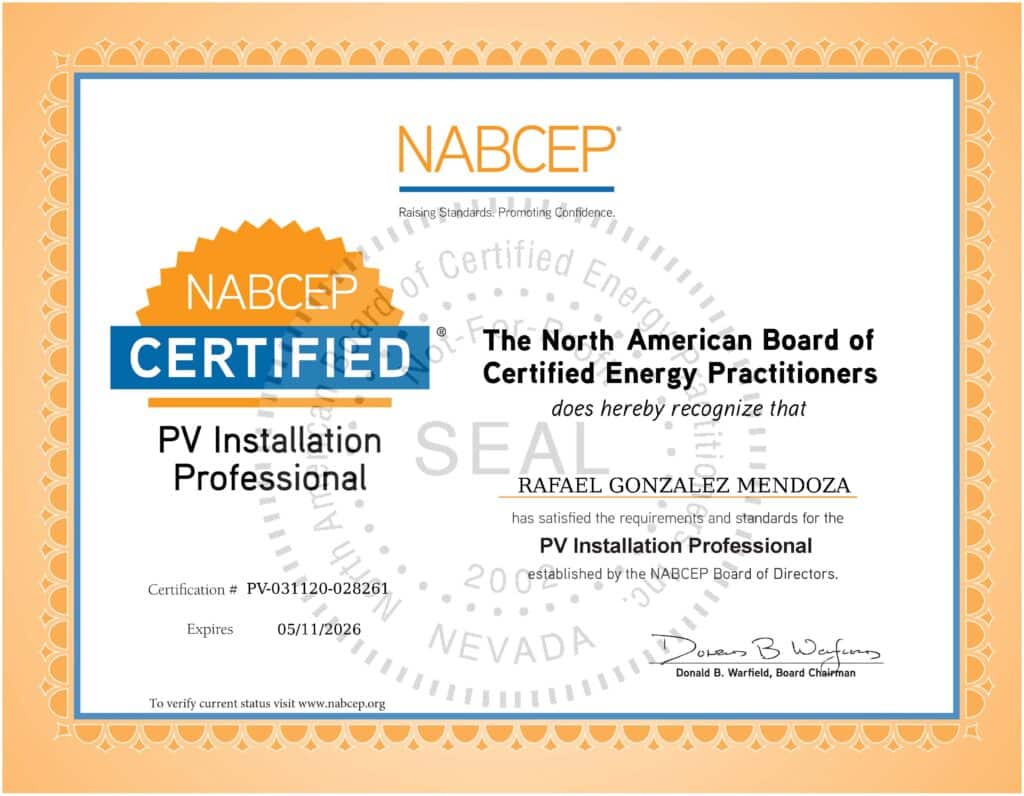The rising demand for renewable energy has made solar power a focal point for homes and communities. Residential solar panels and community solar solutions are two prominent options for sustainable energy use.
Both options collect sunlight to generate power, but they cater to different needs and circumstances. Understanding their operational differences, benefits, and disadvantages will help you make an informed decision that supports your proper power usage. Continue reading to learn about the differences between residential solar panels and community solar.
An Overview of Residential Solar Panels
Residential solar panels are photovoltaic systems installed on the rooftops of individual homes or properties. They convert sunlight into electricity, reducing reliance on traditional energy sources and cutting down carbon footprints. You can experience full energy independence, as the panels directly generate power for your property.
The solar systems cover the energy needs of the household. Homeowners can purchase or lease the systems through financing options. Installation requires professional services to guarantee the system performs correctly and safely.
An Overview of Community Solar
Community solar focuses on shared solar farms that multiple participants can access to enjoy renewable energy. These solar farms are typically off-site and serve numerous homeowners, renters, and businesses within a region. Participants buy or subscribe to a portion of the energy generated by the site.
The community-solar setup is accessible for individuals or organizations without suitable rooftops for solar panel installation. It also allows those who cannot afford personal systems to participate in consuming green energy.
Cost Differences
Residential solar systems provide long-term financial advantages that make them an enticing option. They allow homeowners to control their energy consumption, leading to substantial savings over time. With environmental incentives, tax credits, and low electricity bills, residential solar systems deliver financial rewards in the long run.
Community solar offers subscription-based models. Users are likely to pay lower monthly rates compared to buying a residential system outright. The cost of community solar appeals to those looking for sustainable energy without the financial commitment of ownership.
Maintenance Requirements

Residential solar systems offer a convenient and straightforward approach to maintenance. With advancements in solar technology, modern panels are highly durable and require minimal upkeep. A trusted service provider can take care of routine cleaning to remove dirt or debris, ensuring optimal performance and longevity.
For community solar projects, project operators and managing entities manage the entire maintenance process. Subscribers have no direct involvement in upkeep. This approach is a convenient way to maintain consistent energy flows without worrying about maintaining the system.
Energy Independence and Ownership
Residential solar systems provide autonomy, giving homeowners direct control over their sunlight collection and energy usage. By owning the system, homeowners directly save money from reduced electricity bills and increase the property’s value. Some individuals will adjust their energy usage patterns to maximize the system’s efficiency.
While community solar offers broad access to renewable energy, it diminishes energy independence and ownership. Subscribers have no control over the solar panels or infrastructure, leaving them dependent on a third party for energy management and decision-making. Community solar limits personal agency and provides no long-term asset or property value increase.
Suitability for Different Living Situations
Homeowners with ample roof space, a structurally sound roof, and long exposure to sunlight have the ideal conditions for residential solar. A solar technician will come out to the property and evaluate if solar panels are a plausible solution. By addressing the criteria for effective solar panels, homeowners can ensure they receive ample power from the system.
Renters or individuals in apartments often lack the means to install rooftop solar panels. For them, community solar serves as a convenient alternative. It meets the energy needs of diverse populations, bridging gaps in renewable energy accessibility.
Environmental Benefits

The environmental benefits of adopting renewable energy through residential solar panels and community solar projects are multiple. Some of the key advantages of solar energy include
- Reduced greenhouse gas emissions. By generating clean electricity, individuals reduce their reliance on carbon dioxide and greenhouse gas emissions.
- Decreased dependence on fossil fuels that contribute to pollution. Solar energy offers a sustainable alternative, minimizing reliance on nonrenewable energy sources such as coal, oil, and natural gas.
- Improved air quality. Conventional power plants release harmful pollutants, such as sulfur dioxide, nitrogen oxides, or particulate matter, into the air. Solar energy systems do not emit these hazardous substances, leading to cleaner environments.
- Conserving water. Energy produced from the power grid typically demands substantial amounts of water for cooling the systems. Solar power do not require water to function; water is only necessary for cleaning the panels.
- Supporting local ecosystems. By reducing pollution and environmental degradation caused by fossil fuel extraction and processing, solar energy is an alternative that protects ecosystems and promotes biodiversity.
Professional Installation Requirements
Residential solar panels require careful setup to ensure efficiency and safety over their long lifespan. Professional PV panel installation guarantees that the system operates effectively and in compliance with regulations. A well-installed system enhances performance while minimizing the risks of failures.
Community solar participants are not actively involved in the installation processes since off-site operators entirely manage the projects. This eliminates any need for technical expertise or external labor during the energy transition.
Accessibility and Availability
Residential solar panels are now more accessible to homeowners because of technological advancements and streamlined installation processes. Modern solar systems adapt to various property types, including smaller or uniquely designed homes, making solar energy a practical option for more families. The growing network of reputable solar providers, like Go Solar Power, ensures that homeowners receive reliable support throughout the implementation process.
Community solar opens access to populations traditionally excluded from rooftop solar adoption. Whether due to financial constraints or unsuitable living arrangements, individuals can still participate in sustainable practices.
When comparing residential solar panels to community solar, both approaches offer beneficial pathways toward a sustainable future, yet they cater to different needs and circumstances. Residential solar panels give homeowners the resources to generate electricity independently, reduce energy bills, and take full control of their energy consumption. Community solar provides a flexible and inclusive alternative, allowing individuals who may face financial or logistical barriers to still benefit from renewable energy.
The decision depends on personal circumstances, but both contribute significantly to the transition toward a greener and more equitable energy landscape. Together, these options help combat climate change while promoting energy independence and affordability for diverse populations.


